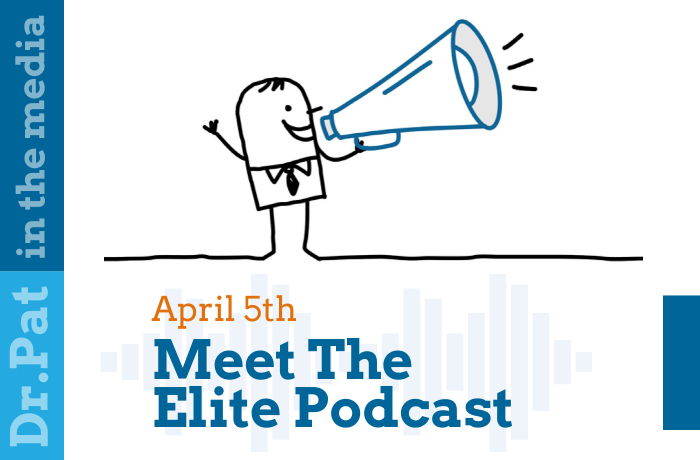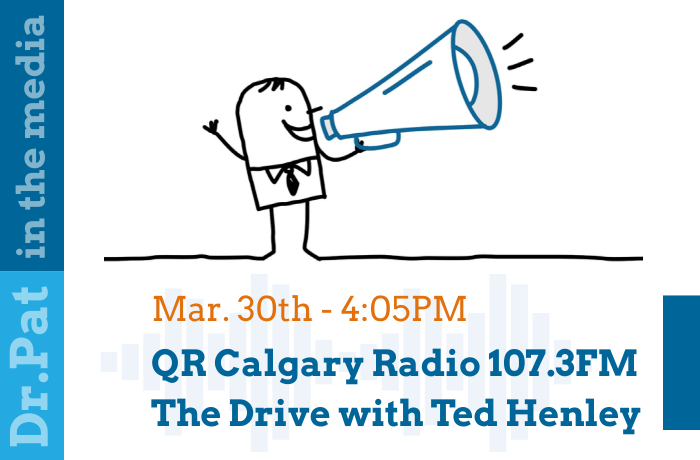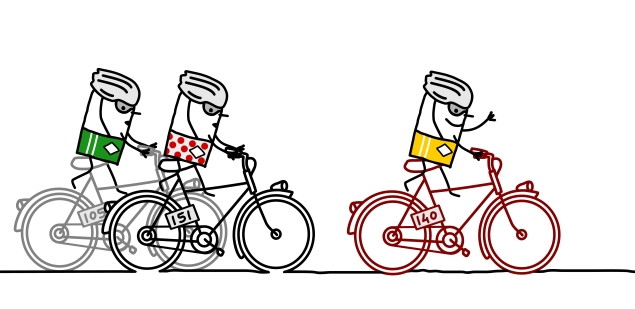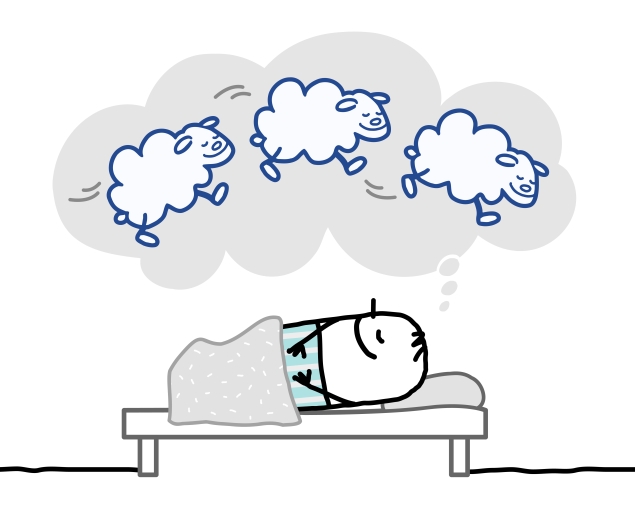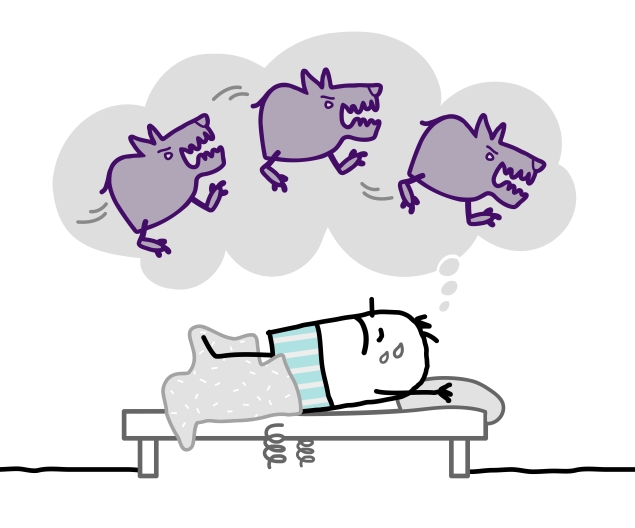The positive psychological effects of pursuing goals
In a touching scene from the film Rudy, the title character expresses appreciation to his best friend Pete who has given him a jacket from the University of Notre Dame. It is Rudy’s goal to play for their football team despite being objectively too small and untalented. “You’re the only one who ever took me serious, Pete”, Rudy says which is followed by Pete’s reply, “Well you know what my dad always said: Having dreams is what makes life tolerable”. Pete’s comment captures the essence of the psychological benefits of pursuing goals and dreams. In the following sections, I will discuss why pursuing goals is important to your emotional well-being as described by Dr. Sonja Lyubomirsky in The How of Happiness.
Dr. Pat featured on the Meet The Elite Podcast
Listen to Dr. Pat's interview with Psychologist Phil from the Meet The Elite Podcast recorded on April 5th, 2023.
How People Forgive People They Admire – QR Calgary Radio Interview
Tune into The Drive this Thursday, March 30 at 4:05PM on QR Calgary Radio 107.3FM for an interview with Ted Henley on the psychology of forgiving people.
Want to increase your motivation to pursue goals? Target two factors which influence it
In this article, I discuss how to use desire to pursue a goal and confidence that you can succeed to provide the motivation necessary to achieve goals. In my last article, I indicated that there are two primary factors which fuel motivation to work toward a goal: (1) having the desire to achieve the goal because of anticipated rewards; and (2) having the confidence that you can succeed in achieving the goal. In this article, I will provide ideas on how to target both these factors so that you can be successful in pursuing goals...[more]
Desire and confidence: Two factors driving motivation
In this article, I discuss how desire to pursue a goal and confidence that you can succeed combine to provide the motivation necessary to achieve goals. Success in therapy necessarily entails clients setting and pursuing goals. In turn, clients are more likely to succeed in achieving their goals if their motivation to work toward the goals is high. Motivation is comprised of the energy, excitement and passion which fuels the effort required to make progress toward goals. Research and experience indicate that there are two primary factors which fuel motivation to work toward goal: (1) having the desire to achieve the goal because of anticipated rewards; and (2) having the confidence that you can succeed in achieving the goal. In the following sections, I will discuss how these two factors combine to influence motivation to pursue goals...[more]
When and how to give advice in therapy
In this article, I discuss the right time and the right way for therapists to give advice to their clients. In my last article, I discussed the case for and against therapists giving advice to their clients while noting that giving advice in therapy entails the therapist offering ideas to help clients address their issues. Because clients may be more likely to accept and act on their own ideas, I indicated that my default approach in therapy is to use informational and analytical questioning to guide clients to generate their own ideas rather than offering them ideas. Having said that, I added that if I identify circumstances under which I believe that offering my ideas could be helpful, I don’t hesitate to do so. However, I follow certain guidelines when offering my ideas to make if more likely that the client will accept and act on them. In the following sections, I will discuss the guidelines which I follow when offering my ideas to clients...[more]
To give advice or not to give advice: That is the question
In this article, I discuss my views on whether therapists should give advice to their clients. I was recently having conversations with two psychologist colleagues on the topic of whether psychologists should give advice to their clients. One colleague was adamant that advice should be given as infrequently as possible. The second psychologist was more open to the practice. This psychologist said whether they would give advice depends on various factors. In the following sections, I will explore the issue of whether therapists should give advice to their clients..[more]
How to prevent post-traumatic stress disorder following a traumatic event
In this article, I discuss cognitive and behavioural steps which can be taken in the aftermath of a traumatic event to decrease the likelihood of later being diagnosed with post-traumatic stress disorder. In my last article, I discussed the difference between someone experiencing a traumatic event and being diagnosed with post-traumatic stress disorder (PTSD). During this discussion, I pointed to research indicating that over 90 per cent of people who experience traumatic events recover without eventually developing PTSD. I closed the article by stating that there are steps a person can take after a traumatic event which can make it even less likely that they will eventually develop PTSD. I will discuss these steps in the following sections...[more]
Trauma versus post-traumatic stress disorder: What are the differences?
In this article, I discuss distinctions between exposure to a traumatic event and suffering from post-traumatic stress disorder. I often hear people use the terms trauma and post-traumatic stress disorder (PTSD) interchangeably. I also often hear people indicating that suffering from a trauma means that the person has PTSD. Are the terms trauma and post-traumatic stress disorder equivalent in meaning? Does suffering from a trauma mean that the person has PTSD? I will provide answers to these questions along with a discussion in the following sections...[more]
OARS: An acronym for relationship-building interviewing skills
In this article, I discuss how using four core interviewing skills can facilitate positive relationships with people in both therapeutic and non-therapeutic settings. Much of my work with clients entails interviewing them. This not only helps me to gather information necessary to understand them and their issues. The way I interview clients also helps me to build effective working relationships with them. It is based on four interviewing skills which can also be helpful in building relationships with people in settings outside of therapy. I will discuss these skills in the following sections...[more]




